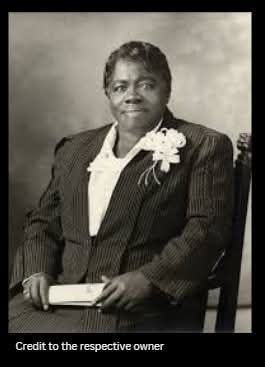Mary McLeod Bethune was born in 1875 in South Carolina, the daughter of formerly enslaved parents and the 15th of 17 children. Her childhood was marked by poverty, exclusion, and backbreaking work in the fields.
One day, while walking with her mother to work, she reached for a book. A white child stopped her with a cruel remark: “You’re Black. Black people don’t know how to read.”
That sentence didn’t silence her. It ignited her.
Mary began walking ten miles every day to attend a mission school for Black children. She not only learned to read but also taught her parents, siblings, neighbors, and farm workers. She turned literacy into an act of resistance—door to door, one lesson at a time.
Her brilliance carried her far. She earned scholarships, became a teacher, and eventually founded her own school in Daytona Beach. That school would grow into Bethune-Cookman University, educating thousands.
But she wasn’t just an educator—she was a force. She trained teachers, taught in prisons, empowered students to claim their rights and IDs, and reminded them of their history. She spoke before Congress, advised President Franklin D. Roosevelt, and became known as the “First Lady of the Struggle.”
By the time she died in 1955, she had taught thousands to read—and inspired countless more to rise. That same year, Rosa Parks refused to give up her seat. Mary did not live to see it, but she had planted the roots.
Because when a Black woman holds a book, no chains, no laws, and no prejudice can stop her.
